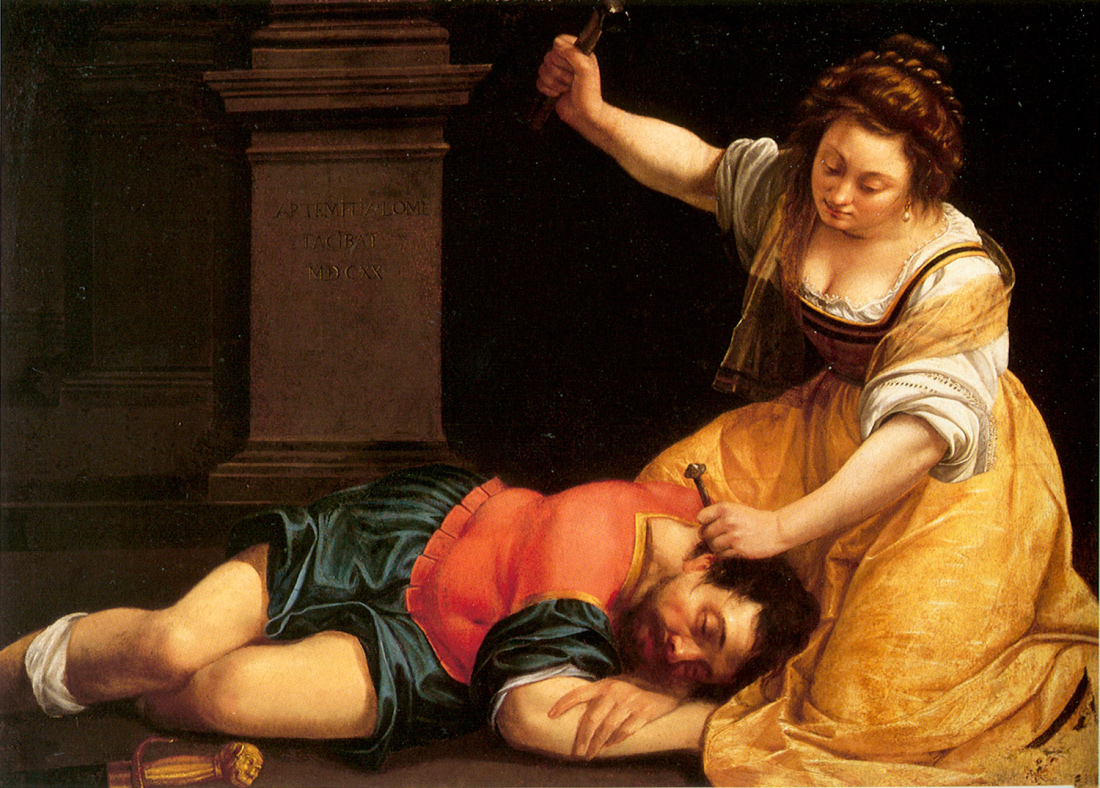General Discussion
Related: Editorials & Other Articles, Issue Forums, Alliance Forums, Region ForumsWhy Art History Might Be the Most Important Subject You Could Study Today
In honor of CTYankee
![]()
There has been much discussion of the advantages of humanities versus STEM subjects (science, technology, engineering and mathematics). Some Republican senators were pushing to reduce subsidies for humanities majors, and shift funding to STEM subjects that many feel are more immediately, practically useful. It is easy to see that Donald Trump could also be of this opinion, and so it is a genuine concern for those of us who recognize the value of the humanities.
This is not a movement to make the humanities disappear altogether, but it is essentially undercutting the perceived value of them, considering them a whimsy, a (possibly) fun pastime (if you’re into that sort of thing), not something that helps the world or, and this is key, makes money or increases power. It’s an echo of the Communist school system in the Soviet Union, where the State determined what the country needed, and assigned students to various fields of study and then professions, scooping up, for instance, the very best students and siphoning them off to be rocket scientists or chemical engineers.
John Berger, an art historian and television presenter who died on Jan. 2, was best known for his book and 1972 television series, both entitled “Ways of Seeing.” He is the most overt of art historians who taught us how to see differently. That is about as good an argument as I can think of for why art history is an important field of study, and a good antidote to the narrow-minded, horse-blinder mentality that plagues many politicians and American citizens, and perhaps even certain presidents who need not be mentioned.
Part of Berger’s argument is about how to see through mindsets different from our own, sympathetically and with the understanding that doing so reveals truths about what we see, and about ourselves. Sounds like the opposite of the attitude of the right-wing movements that some might call the contemporary scourge of the Western world. Berger also taught us how to unpack what we do see, to separate the wheat from the chaff, the truth from the fiction, and to uncloak hidden ideologies in visual images. For instance, the subtle (and sometimes not so subtle) way in which women are objectified by everything from Renaissance paintings to contemporary TV ads. This could not be more relevant today, with messages, overt and covert, presented in speeches, the television news, promotional videos, body language (during televised presidential debates, for instance) and more. Our culture is far more barraged by images than Berger’s was in 1972, only heightening the relevance of his lessons (the main addition being that the images, these days, are moving and are consumed on laptops and phones).
https://www.salon.com/2017/01/15/the-art-of-learning-why-art-history-might-be-the-most-important-subject-you-could-study-today/
Lulu KC
(2,571 posts)I was an Art History major and I vote.
Madam Mossfern
(2,340 posts)The Velveteen Ocelot
(115,783 posts)Exhibit A: Artemisia Gentilischi, one of the few recognized women painters of the early Italian Baroque era. A number of her paintings are quite violent - depicting violence against men. She was raped in her teens (and blamed for it, of course), and it comes out in her art. For example:

 ?itok=Q3YEBo7l
?itok=Q3YEBo7l
https://thumbs-prod.si-cdn.com/LN9LO498HmsK4tIwOo5yAFrC3xc=/800x600/filters:no_upscale()/

smirkymonkey
(63,221 posts)There was a film about her life which was quite good called "Artemesia". It came out back in the late 90's. I would definitely recommend it.
SharonClark
(10,014 posts)It was one of the books that had a great impact on the way I see things.
After 16 years of art classes, I ended up with a degree in European History and Judaic Studies and worked in IT for over 40 years.
I still love and appreciate art and architecture. IT, not at all.
smirkymonkey
(63,221 posts)It had a great impact on me. I still remember it well.
brer cat
(24,585 posts)They were always interesting and informative.
Aristus
(66,434 posts)To this day, I believe one of the best books on art appreciation is the Childcraft title 'Look Again'. It has more insightful things to say and share about art history and appreciation than any of the dozens of books for adults that I've read on the subject.
ms liberty
(8,588 posts)smirkymonkey
(63,221 posts)Did I miss something?
ProfessorPlum
(11,264 posts)I love and support art, history, music, literature. So important for our humanity. So important for making connections with people, and knowing where we come from and why the world is the way it is.